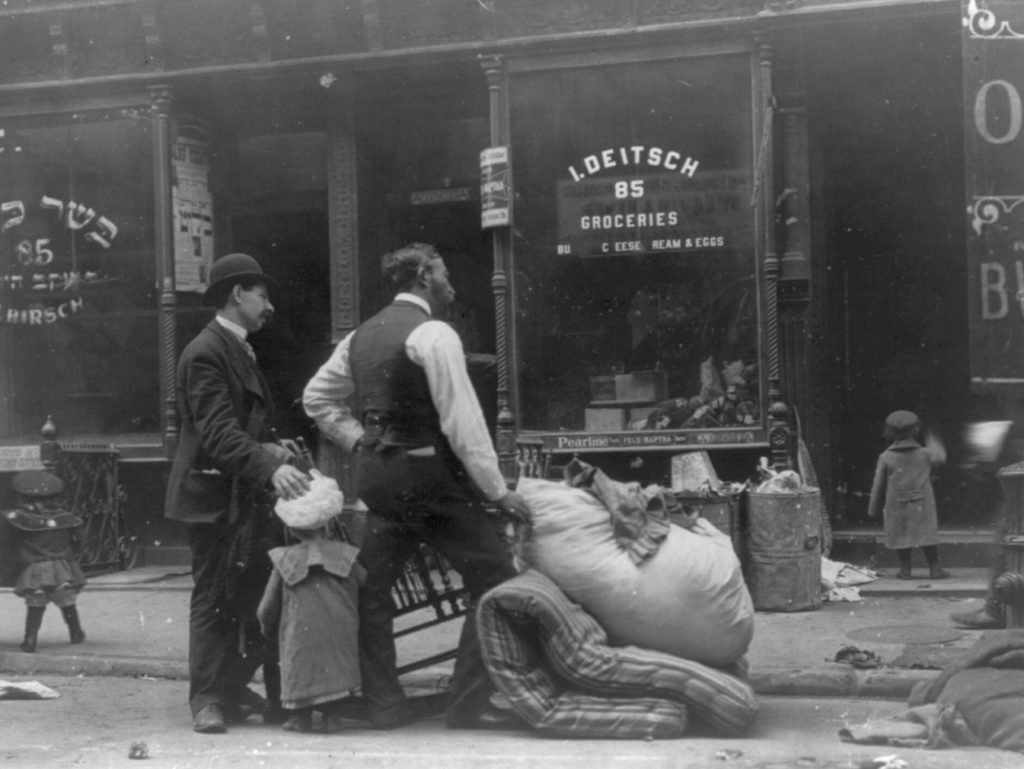Evictiontastic

Kelyn Yanez used to clean homes during the day and wait tables at night in the Houston area before the coronavirus. But the mother of three lost both jobs in March because of the pandemic and now is facing eviction.
The Honduran immigrant got help from a local church to pay part of July’s rent but was still hundreds of dollars short and is now awaiting a three-day notice to vacate the apartment where she lives with her children. She has no idea how she will meet her August rent.
“Right now, I have nothing,” said Yanez, who briefly got her bar job back when the establishment reopened, but lost it again when she and her 4-year-old daughter contracted the virus in June and had to quarantine. The apartment owners “don’t care if you’re sick, if you’re not well. Nobody cares here. They told me that I had to have the money.”
Yanez, who lives in the U.S. illegally, is among some 23 million people nationwide at risk of being evicted, according to The Aspen Institute, as moratoriums enacted because of the coronavirus expire and courts reopen. Around 30 state moratoriums have expired since May, according to The Eviction Lab at Princeton University. On top of that, some tenants were already encountering illegal evictions even with the moratoriums.
Now, tenants are crowding courtrooms — or appearing virtually — to detail how the pandemic has upended their lives. Some are low-income families who have endured evictions before, but there are also plenty of wealthier families facing homelessness for the first time — and now being forced to navigate overcrowded and sometimes dangerous shelter systems amid the pandemic.
Experts predict the problem will only get worse in the coming weeks, with 30 million unemployed and uncertainty whether Congress will extend the extra $600 in weekly unemployment benefits that expired Friday. The federal eviction moratorium that protects more than 12 million renters living in federally subsidized apartments or units with federally backed mortgages expired July 25. If it’s not extended, landlords can initiate eviction proceedings in 30 days.
“It’s going to be a mess,” said Bill Faith, executive director of Coalition on Homelessness and Housing in Ohio, referring to the Census Bureau Household Pulse Survey, which found last week that more than 23% of Ohioans questioned said they weren’t able to make last month’s rent or mortgage payment or had little or no confidence they could pay next month’s.
A mere 23% of Ohioans! Gee, this is going to be great. And every single bit of this is avoidable. Every single bit of it.


